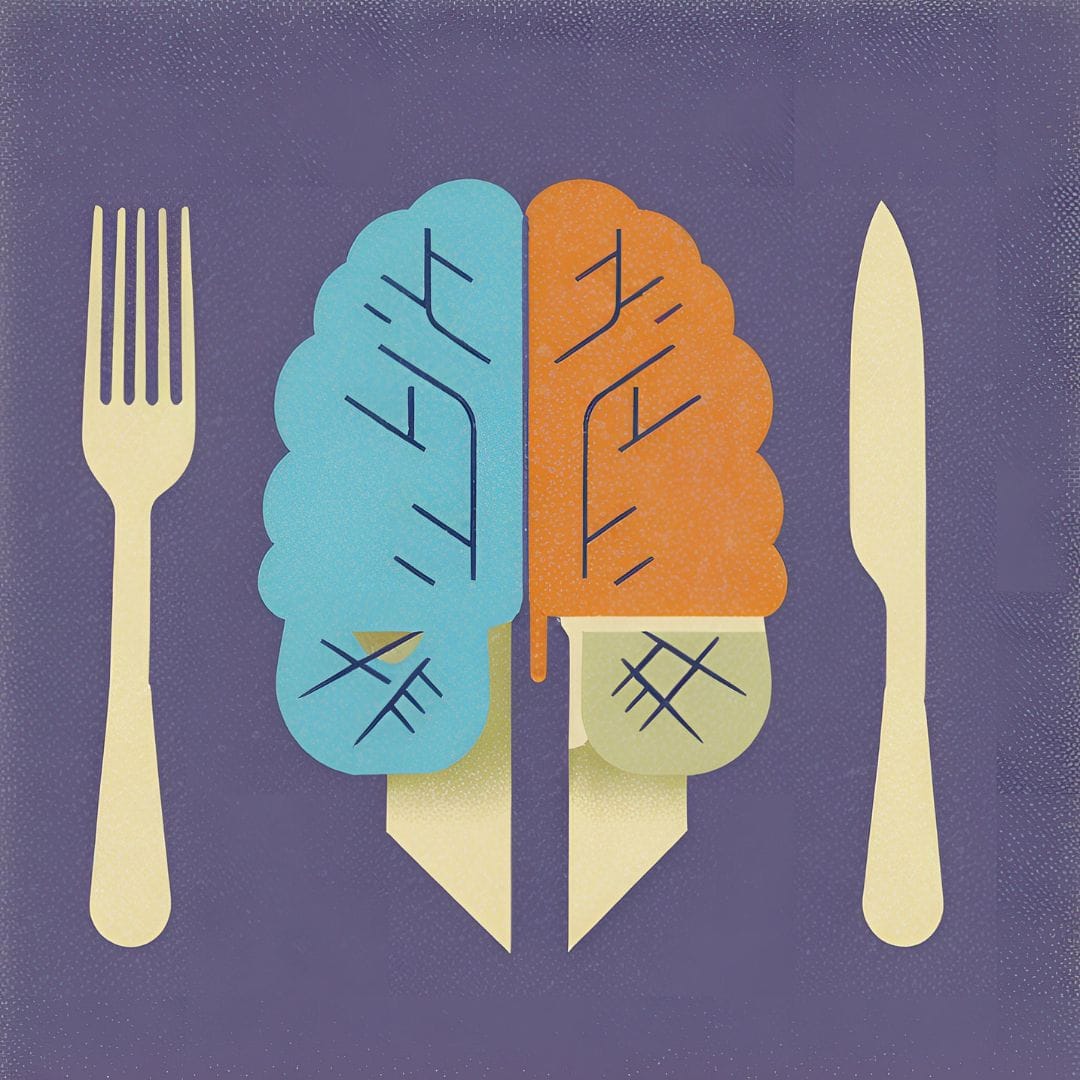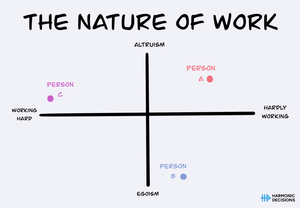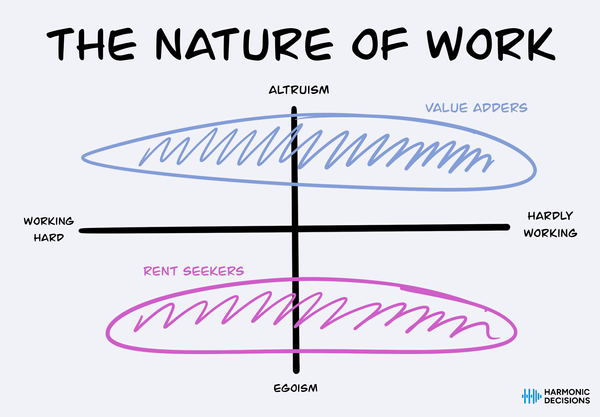Last summer, I was at an ice cream shop just outside London with some friends. This was during my sabbatical, which explains why we talked about philosophy while eating chocolate ice cream at 3 PM on a Tuesday. That discussion was memorable in multiple ways, but one interaction prompted deep thought. I asked one friend what they thought about a certain topic, and their response was to cite an influential author's statements on said topic.
This got me thinking: why is it hard for so many people to express their own individual thoughts?
Whether it's sending letters on parchment by pigeon mail or sharing photos from our recent holiday on Instagram, we as humans feel a strong need to share our experiences with others. The foundation of highly successful and well-known companies like Facebook and AT&T (when it was Bell Labs), in addition to the entirety of the media industry, communicating and sharing our thoughts is a fundamental human need. But despite all the opportunities to share our thoughts, many people hold back.
People might shy from sharing because of multiple reasons:
- They don't have any thoughts
- They don't have anything to say that hasn't already been said
- They don't think their thoughts have value
- They don't feel comfortable sharing their thoughts
I don't claim to have solutions to all of these situations, but I do think there's a way to train ourselves to have thoughts about what we mentally eat. It's possible to have not just superficial and simple thoughts but also deep, insightful, and reflective ones if we practice the process of reflection.
My friend from London - a deep and thoughtful person - exhibited symptoms of what I call "malabsorption of the mind." Just as physical or digestive malabsorption is when the body can't properly absorb nutrients from whatever is eaten, malabsorption of the mind is when we haven't properly absorbed what we need from whatever we've mentally consumed. Our mental diet is everything we take in on an intellectual and emotional level, which I've written about before when discussing the different types of "food" we eat.
We all suffer from malabsorption of the mind to various degrees - it's not humanely possible to fully extract every ounce of information and wisdom from a stimulus. Our present circumstances don't help us either. Forget thinking deeply; most of us don't have the memory capabilities of previous generations. You used to need to memorize everyone's phone number - now, I can barely remember my own.
This has a name: the Google Effect. We've been surrounded by technology that promises to remember everything for us, which naturally diminishes our ability to remember things. It's rare to remember things, and smart people can remember things well - the fact that my friend could quote a statement is impressive! But if all you can do is recall information, then there's practically no difference between your thoughts and whatever Google spits out at you.
Especially in a world where Generative AI is becoming widely adopted, being able not just to recall information, but also state it in your own voice will be a valuable skill. Google is currently facing an existential threat from Generative AI created by other companies; what does that tell us about the level of concern we should have for ourselves if we're only ever able to communicate what has already been said?
In following posts, I'll shed more light on the actual process of finding your own voice and using it, but I first want to mention why your voice is important. Using our voice is essential for good decision-making, as our voice is the only way to translate our thoughts into actions.
It might not be entirely clear what I mean by the term "voice." I'm speaking not about our physical voice but of something closer to "writer's voice." In writing, your voice is the way your personality comes out in the text. It's like when you receive a text from someone and can hear it in their voice: voice is an infusion of personality.
Using your voice is simply expressing your personal take on something rather than merely quoting someone else. It forces the things unique about yourself - your various identities, life experiences, current emotions, and body of knowledge - into a concrete thought. This thought becomes a decision when it is put into action.
Sow a thought and you reap an action.
This is a quote by Ralph Waldo Emerson that explains the dynamic of decision-making nicely. One of the most influential thinkers of American history, Emerson is known for living in a cabin by a pond for a couple of years and writing about it. Writing is a great way to find your voice because writing forces your thoughts out of your mind and into the physical world.
The undeniable truth about decision-making is that it relies on how we process and express our thoughts. Being reflective, contemplative, thoughtful, and introspective are all similar but related manifestations of that fundamentally human quality: self-awareness.
Being self-aware is the definition of sentience, a word gaining in popularity due to the increase of AI-based software. But any artificial intelligence, even if sentient or fully able to act like a human, will never be able to translate our thoughts into actions. Ultimately, we're responsible for ourselves.
This phrasing - malabsorption of the mind - came from deep contemplation on the question "How do I go deeper?" during my sabbatical. In future posts, I'll discuss the answers I've found to that question and techniques you can use to go deeper and be more reflective.
As always, I would love to hear your thoughts. Registered readers can access the Discord community and comment on articles posted on the site. Everyone is always welcome to get in touch.










Member discussion